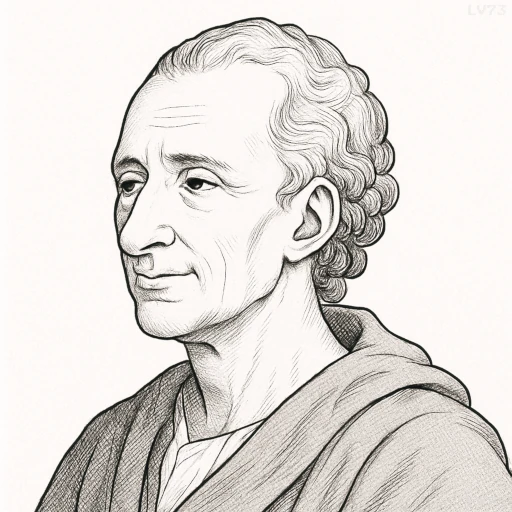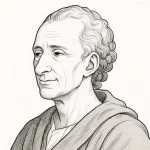“Men, who are rogues individually, are in the mass very honorable people.”

- January 18, 1689 – February 10, 1755
- French
- Political Philosopher, Jurist, Author of The Spirit of the Laws
table of contents
Quote
“Men, who are rogues individually, are in the mass very honorable people.”
Explanation
Montesquieu observes a paradox in human behavior: while individuals may act immorally or selfishly on their own, groups—especially within structured societies—tend to uphold honorable conduct. This reflects his belief in the power of institutions, laws, and social norms to moderate personal vice and channel it toward the common good. It is not that individuals cease to be flawed, but that collective systems can elevate their behavior beyond what they might achieve alone.
This insight aligns with Montesquieu’s broader political philosophy, which emphasized the importance of laws and separation of powers to prevent tyranny and maintain civic virtue. He recognized that people are not naturally virtuous, but through well-designed governance, they can be guided to act in ways that benefit society. In a mass—under scrutiny, shared responsibility, or collective interest—the incentives for honor, fairness, and accountability increase.
In contemporary life, this quote resonates in how we see behavior shift between private and public settings. An individual might cheat or act unethically in private, yet support justice or fairness when part of a jury, a workplace team, or a democratic electorate. Montesquieu suggests that while we should remain cautious of individual failings, we should not underestimate the civilizing force of community and law.
Would you like to share your impressions or related stories about this quote in the comments section?

